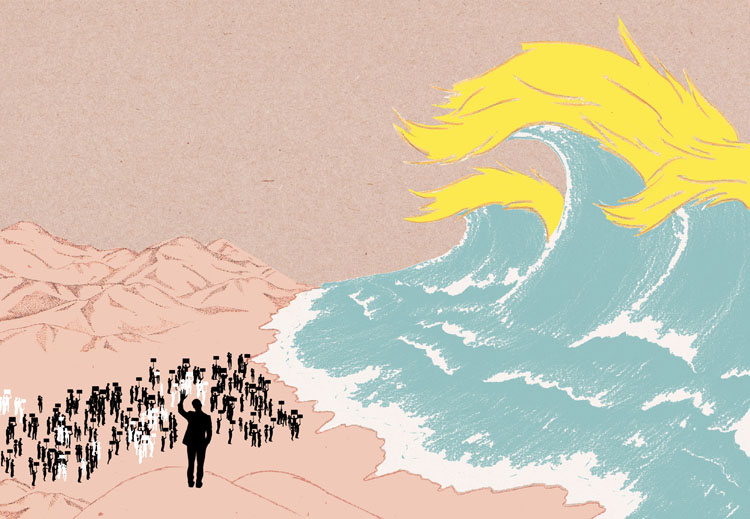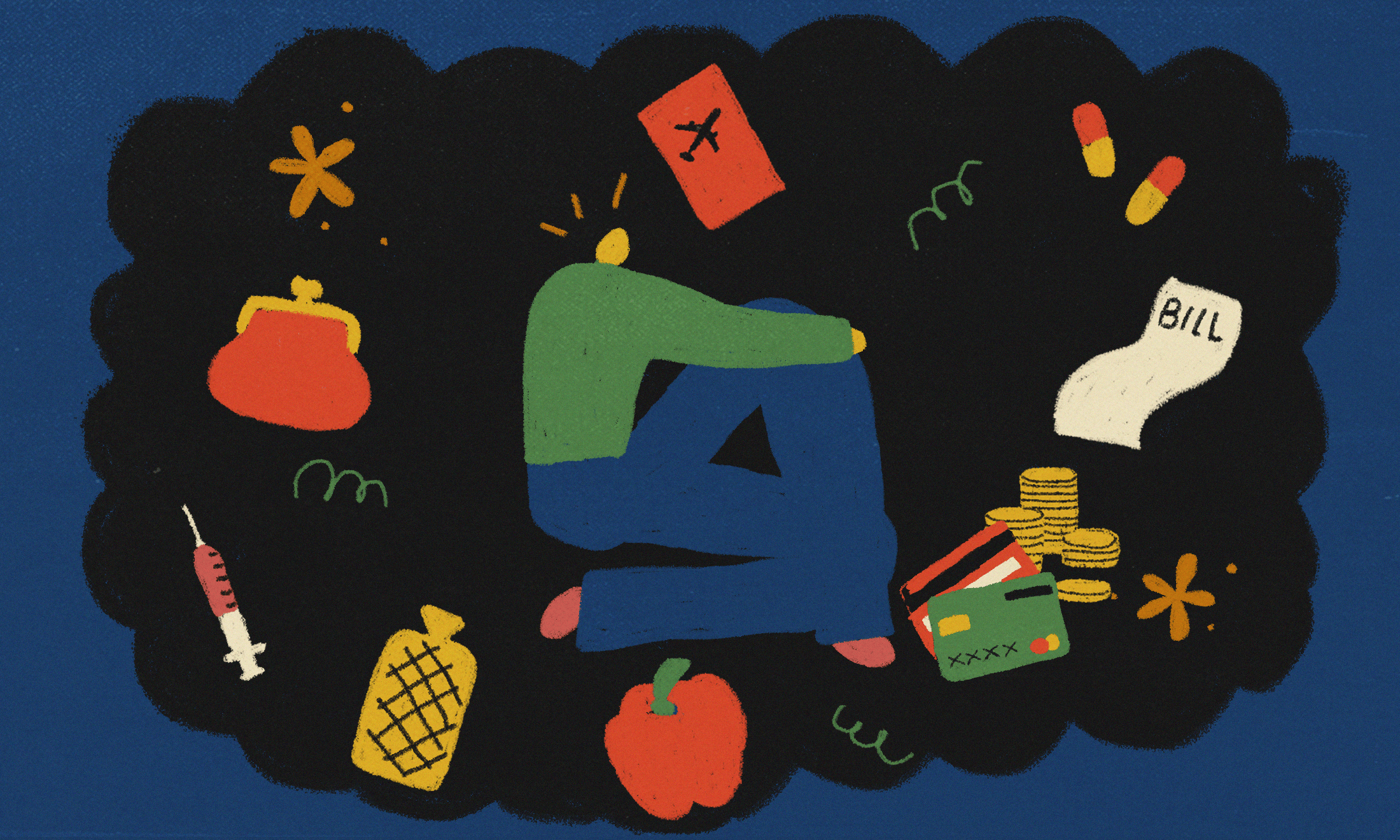
When talking about the legacy of the Obama administration through the lens of race, it must be understood that it is a multi-faceted subject. There is no way to leave out the subject of race, and particularly race relations. During his farewell address on 10 January, Obama stated that race relations have “gotten better” under him.
However, many Americans feel otherwise.
America, as many know, has always believed in willful ignorance to further push the idea that we are the poster-child for a post-racial society, but as of 20 January 2017, a xenophobic, islamophobic, racist is going to be sitting in the highest seat in the American nation. So, there’s an obvious discrepancy here. Race relations have always been a big problem; there’s just a hyper-visibility to it now. Despite what many believed, Obama’s administration was no remedy to hundreds of years of racism and intolerance. He even said in his final speech:
It is recognized that Obama tried to attain the extremely high standard of dismantling systemic racism, but his shortcomings stemmed solely from respectability politics. Granted, he was the President, so he was never able to be a complete radical. He had to make sure to appeal to all Americans in order to not completely alienate those who do not share his race. But in doing so, he alienated a lot of people who do.
In his address, he stated that “race remains a potent and often divisive force in our society”. To many, that couldn’t be more untrue. Race isn’t divisive, racism is. To insinuate that the colour of someone’s skin is the cause of a divided country, rather than someone hating you for the colour of your skin, is victim blaming. We cannot force the oppressed to take on the burden of the oppressor’s ignorance in order to not offend said oppressor.
Furthermore, Obama even went as far as saying that “for blacks and other minority groups, that means tying our own very real struggles for justice to the challenges that a lot of people in this country face. Not only the refugee or the immigrant or the rural poor or the transgender American, but also the middle-aged white guy who from the outside may seem like he’s got all the advantages, but has seen his world upended by economic, and cultural, and technological change.” And just, no. The struggle that a trans, poor, black American faces is not the same of a working-class, straight, white man.
Because of comparisons like these, and nightmares like The Flint Water Crisis, many black Americans came to realize over the years that we could admire Obama as a symbol, but that was it. We all must realize that Obama was never a messiah. Change is a collective effort, and we cannot rely on one person. Yes, a lot of us expected more, but that’s not to say he gave us nothing. What we have learned from his eight years in office can now be used to truly work to further progress us as a society. From his presidency has grown one of the most globally, progressive movements in decades in the form of Black Lives Matter. This has made the American population more open to talking politics than we have ever been before. Not all discourses are sensible, but at least there’s discussion.
In the end, regardless of what Trump’s administration should bring, Americans are now more aware of our standings. Now, movements are mobile and activists are getting organized. The Obamas will be missed, and hopefully Barack will keep to his promise and continue to be involved in social justice even after leaving the presidential office. We’ll need all the help we can get moving forward.









